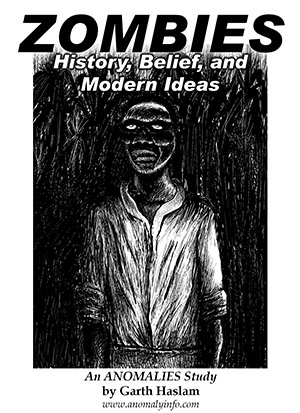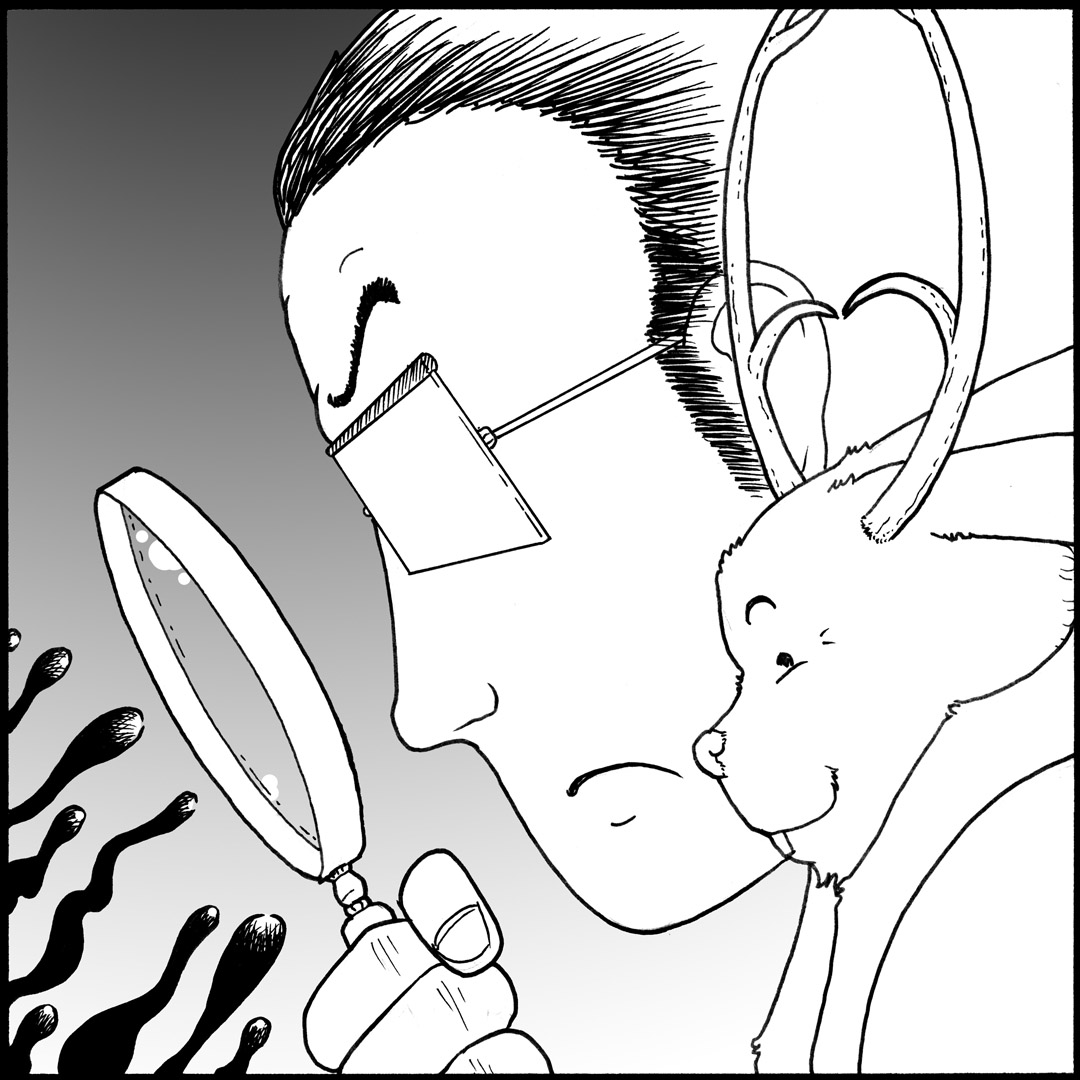1800: Napoleon's General Predicts Own Death
The Legend:
During the Battle of Marengo (which occurred near the town of Alessandria, Italy, in June 1800) one of Napoleon Bonaparte's most seasoned campaigners, an artillery officer named Steingel, visited the would-be emperor with an odd request and an even odder story. Steingel had brought his personal will to Napoleon to ask him to be the executor of Steingel's estate; he had just written it up and was clearly anxious to hand it off before he next went to battle.
Napoleon, curious about Steingel's sudden worry about the matter, pressed the artilery officer for his reasons. Steingel said he had just awoken from a dream... a horrible dream. In the dream, Steingel saw himself in the upcoming battle; mounted on his horse, leap forward at a decisive moment only to find his path blocked by a gigantic Croatian warrior in armor. Steingel swung his sword at the Croatian, but his blade bounced off the armor; and then the armor and uniform fell away from the figure of the Croation before Steingel, revealing instead the skeletal figure of Death himself, holding a sickle menacingly. The weird figure laughed as it raised its sickle and struck, and Steingel felt himself fall. Not surprisingly, upon awakening Steingel had drawn up his will convinced that he would die in the following battle.
The next day Napoleon received a report that Steingel had been found dead on the battlefield, and called for an investigation. When the trumpet had sounded the start of the conflct, Steingel and his horse had leapt forward only to be blocked by giant Croat also on horseback... Steingel had been heard to say "that is him," and seemed to be paralyzed for a moment. The Croat rode straight at Steingel who struck with his sword; but the sword was deflected by the giant's armor, and Croat quickly thrust a deadly strike at the terrified officer, ending his life.
This strange event seems to have haunted Napoleon's imagination for the rest of his life; on his deathbed in St. Helena many years later, Napoleon's last words were "Steingel, hurry, attack!"
Did It Happen...?
My first encounter with this legend was in a FATE Magazine from 1957 which claimed to have the story above, complete with Steingel's own words describing his dream, from an account published in 1869. I've since found a much shortened telling of the account in a newspaper from 1890 that doesn't include the quotes that the FATE article has, so it seems possible that there is in fact an earlier source to be found.
Having said that, however, there are several problems with the tale above, and investigating this account also turned up a historical mystery.
The first problem is Napoleon's claimed final words of "Steingel, hurry, attack!" which were reported by the FATE article from 1957, but are not mentioned in the 1890 version of the story I found. The phrase "Steingel, hurry, attack!" seems to be a re-write of something Napoleon is reported to have said in 1821. According to historian George Moir Bussey, writing in 1840, on May 2nd, 1821, just three days before Napoleon's death and while he was in a state of fever:
"The Emperor spoke of nothing but France, of his son, and of his ancient comrades. 'Steingel, Desaix, Massena!' he cried, 'Ah! the victory will be gained! hasten, urge the charge! they are ours!' He leaped from the bed; but his strength failed him, and his attendants with the gentlest care replaced him."
So the call was to a number of Napoleon's former comrades at arms, not just one; and seems to be more related to Napoleon re-living the battles of his past rather than being attached to any single odd incident.
The second major problem is that Steingel did not die in the Battle of Marengo. General Henri Christian Michel de Stengel (or Steingel) lived from 1744 to 1796... so he actually died four years before the battle of Marengo, during the battle of Mondovi. It is, of course, possible that in the re-telling of the story of Steingel's prediction that over time the location of the events were changed by various storytellers: however, I still have not found a reference to Steingel's dream that predates 1890, so there's no evidence yet that the events of Steingel's prediction ever happened.
To make matters worse, researching this tale turned up a problem in the reported history of General Steingel: modern accounts claim he died a week after the battle of Mondovi due to complications of having his left arm amputated... but sources from the actual time of his death describe him dying on the battlefield! I've outlined this particular problem in it's own Mysteries article, and maybe someday I'll find a good answer.
As far as the account of Steingel's prediction goes, evidence overall suggests that the story was created well after Steingel's death; which means the final question remaining for me is simply 'when was the legend first told?' I'll keep digging for earlier mentions of it, but I suspect that the date of 1869 given by FATE Magazine might be a good one... that's close enough to both the Civil War in the United States and a time-frame of great popularity for stories of ghostly and spooky phenomena, which would be a prime time for the story of Steingel's prediction to appeal to readers.
Anomalies -- the Strange & Unexplained, as well as my other website -- Monsters Here & There -- are supported by patrons, people like you! All new Anomalies articles are now posted for my patrons only, along with exclusive content made just for them. You can become a patron for just $1 a month!
|








